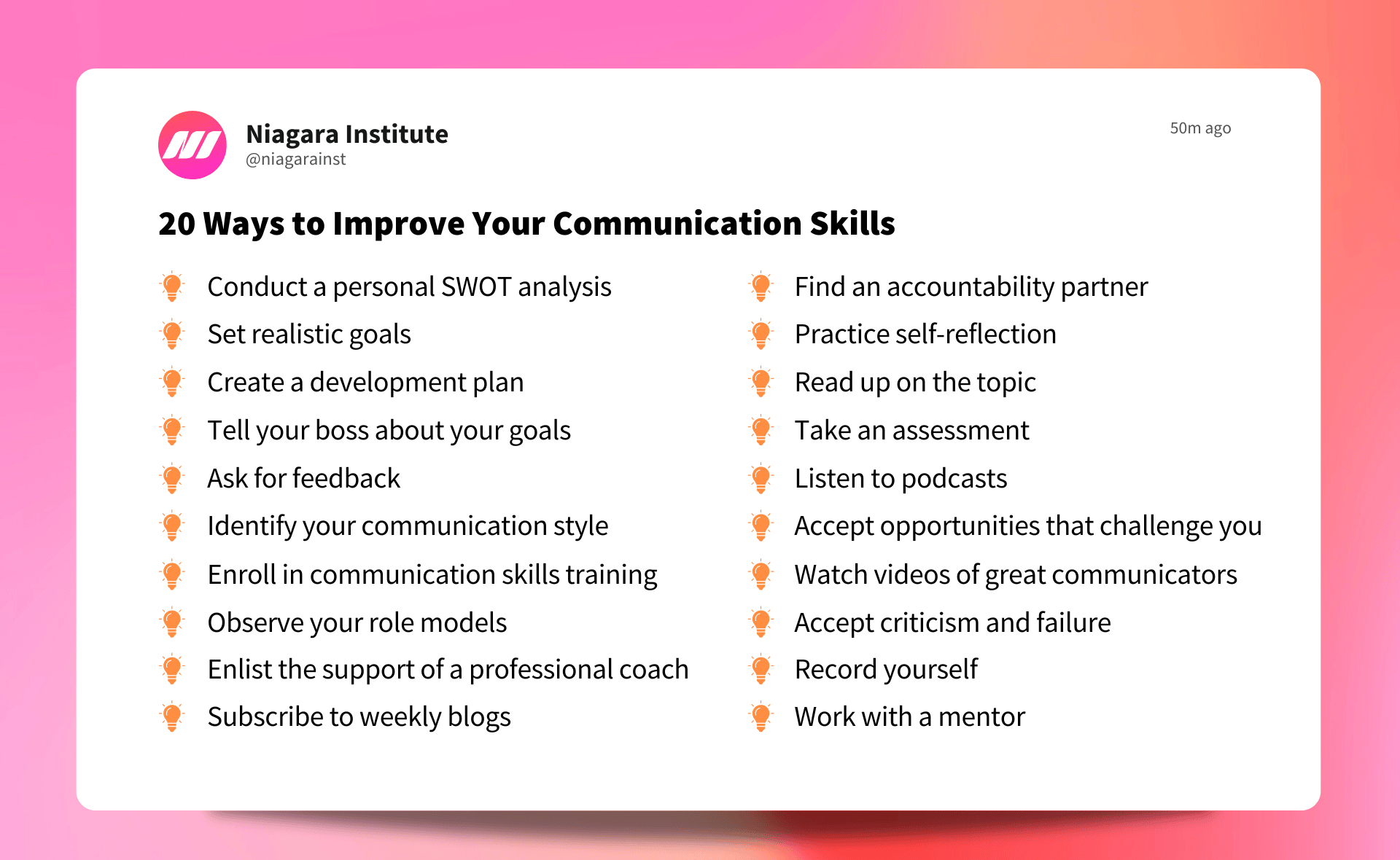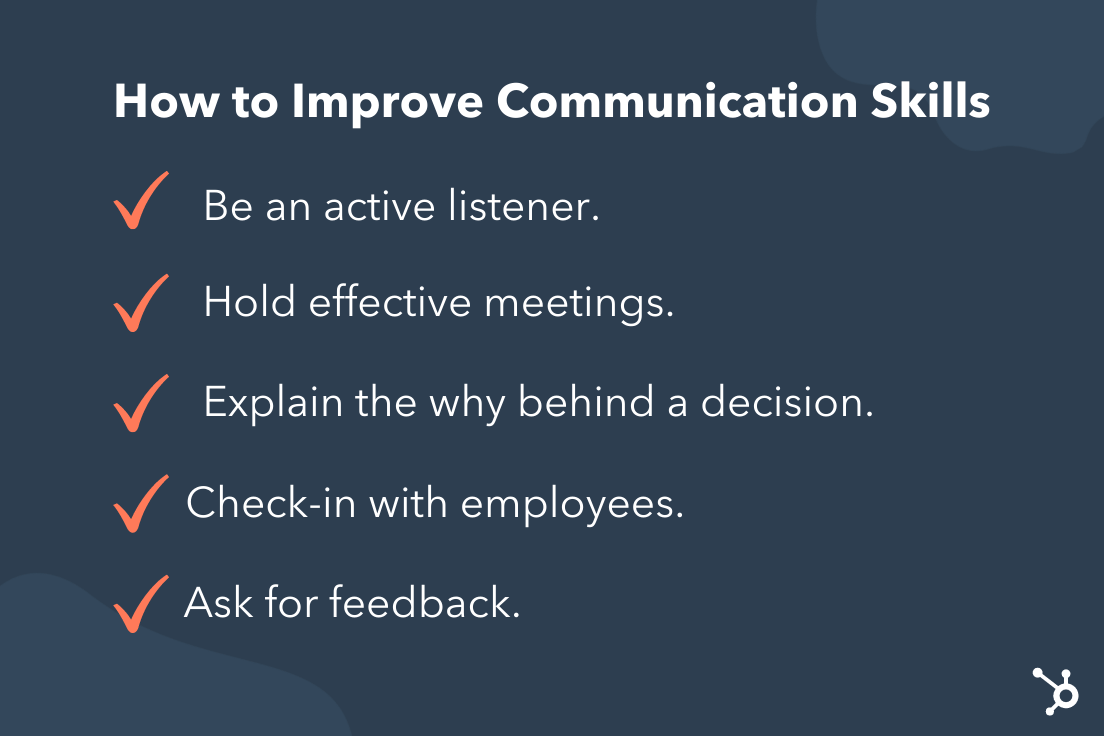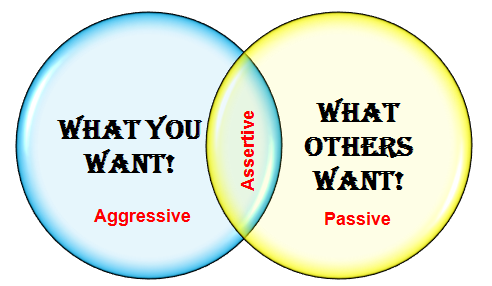How To Improve Communication Skills in the Workplace?
Improving workplace communication skills can be achieved through active listening and clear and concise verbal and written communication techniques. In today’s dynamic work environment, effective communication is essential for seamless collaboration, increased productivity, and a positive work culture.
By actively listening to colleagues, actively engaging in conversations, and using clear and concise language, individuals can enhance their communication skills and foster strong professional relationships. Additionally, utilizing appropriate non-verbal cues, such as maintaining eye contact and using body language effectively, can further improve communication in the workplace.
Ultimately, continuous practice, self-awareness, and a willingness to learn and adapt are key to enhancing communication skills and creating a more efficient and harmonious work environment.

Credit: blog.acesence.com
Understanding The Importance Of Communication Skills
Effective communication skills are crucial in the workplace. By enhancing your communication abilities, you can foster better collaboration, boost productivity, and build stronger relationships with colleagues and clients. Discover practical strategies to improve your communication skills and thrive in the professional environment.
Effect On Work Performance
Effective communication skills are vital for improving work performance. Clear and concise communication allows employees to understand their tasks, role expectations, and project deadlines easily, leading to increased productivity. When individuals communicate effectively, they can share their ideas, ask for clarification, and collaborate efficiently, fostering a positive work environment. Furthermore, good communication helps in reducing errors and misunderstandings that may occur due to misinterpretation of information.
Impact On Employee Morale
Strong communication skills have a direct impact on employee morale. When employees feel heard and understood, it creates a sense of belonging and motivation. Effective communication encourages open conversations, promotes feedback, and facilitates constructive criticism. This fosters a supportive work culture, where employees feel valued and appreciated. Such an environment significantly boosts morale, leading to increased job satisfaction and employee engagement.
Identifying Barriers To Effective Communication
Effective communication is essential for a productive workplace. Identifying and overcoming barriers to communication can improve communication skills, allowing for better collaboration and understanding among team members.
Effective communication is essential for a productive and harmonious workplace. However, there are certain barriers that can hinder communication and prevent the exchange of ideas and information. By identifying these barriers, you can take proactive steps to overcome them and improve communication in your workplace. Here are three common barriers to effective communication and how to address them:Language And Cultural Differences
Language and cultural differences can pose significant challenges in workplace communication. When team members speak different languages or come from diverse cultural backgrounds, misunderstandings can arise, leading to miscommunication. To overcome this barrier: 1. Provide language training: Offer language courses or workshops to help team members improve their language skills. This will enable them to communicate more effectively and reduce the chances of misunderstandings. 2. Encourage cultural sensitivity: Foster a culture of inclusivity and respect for different cultures. Encourage team members to learn about and understand each other’s cultural norms and practices. This will create an environment where everyone feels valued and understood. 3. Use visual aids: Incorporate visual aids such as diagrams, charts, and infographics to supplement verbal communication. Visuals can help convey information more clearly and bridge any language or cultural gaps.Lack Of Clarity And Conciseness
Poor clarity and lack of conciseness can lead to confusion and misinterpretation. When messages are not clear and concise, vital information may be lost or misconstrued. To ensure clarity and conciseness: 1. Define clear objectives: Clearly define the purpose and objectives of each communication. Knowing the intended outcome will help you articulate your message more clearly. 2. Organize your thoughts: Before communicating, organize your thoughts and structure your message in a logical manner. Use bullet points or numbered lists to break down complex information and make it easier to understand. 3. Avoid jargon and technical language: Minimize the use of jargon and technical language, especially when communicating with individuals who may not be familiar with the terminology. Use simple and straightforward language that is easily understood by all.Limited Active Listening Skills
Effective communication is not just about speaking; it also requires active listening. Limited active listening skills can hinder understanding and prevent meaningful dialogue. To improve active listening skills: 1. Encourage active participation: Encourage open dialogue and active participation during meetings and discussions. Reinforce the importance of listening attentively to others’ perspectives and ideas. 2. Practice reflective listening: Teach team members the importance of reflective listening. This involves summarizing and paraphrasing what others have said to ensure understanding. 3. Provide training: Offer training workshops on active listening skills to help team members develop this important communication skill. These workshops can provide practical tips and techniques for improving listening and comprehension. By addressing these barriers, you can enhance communication in your workplace and create a more collaborative and productive environment. Clearing these obstacles will foster better relationships among team members and lead to improved overall performance.Developing Verbal Communication Skills
In a workplace setting, effective verbal communication is a crucial skill that can lead to success in various aspects of your job. Whether it’s presenting ideas, explaining complex information, or resolving conflicts, being able to communicate clearly and confidently is essential. To improve your verbal communication skills, there are three key areas to focus on: improving clarity and tone of voice, using effective non-verbal cues, and developing active listening skills.
Improving Clarity And Tone Of Voice
One of the most important aspects of verbal communication is being understood clearly. To achieve this, it’s essential to speak clearly, avoid mumbling, and enunciate your words. Pronouncing each word distinctly can prevent any misunderstandings or confusion.
Another crucial component of effective verbal communication is your tone of voice. Your tone can convey emotions and attitudes that can impact how your message is received. To improve your tone, it’s important to be aware of the emotions you’re conveying and make adjustments accordingly. When addressing colleagues or superiors, maintain a professional, respectful tone that fosters positive relationships.
Using Effective Non-verbal Cues
Non-verbal cues play a significant role in enhancing your verbal communication skills. Body language, facial expressions, and gestures can convey additional meaning and help strengthen your message.
When speaking, maintain good posture, make consistent eye contact, and use appropriate hand movements. These non-verbal cues not only demonstrate confidence but also engage your audience and keep them attentive. Additionally, being aware of your facial expressions can help convey sincerity and authenticity.
Developing Active Listening Skills
Listening is an often overlooked but essential aspect of effective communication. Developing active listening skills allows you to fully understand and respond appropriately to others.
To be an active listener, focus on the speaker and avoid distractions. Show your engagement through non-verbal cues such as nodding or leaning forward. Paraphrase or repeat key points to ensure understanding, and ask clarifying questions when necessary. By actively listening, you show respect for the speaker and create a more productive and collaborative environment.

Credit: www.niagarainstitute.com
Enhancing Written Communication Skills
Improve your workplace communication skills with effective written communication techniques. Enhance clarity and conciseness in your messages by avoiding common phrases and starting with engaging expressions. Boost your professional communication by focusing on brevity and presenting your ideas clearly and confidently.
Mastering Proper Grammar And Spelling
Having a strong command of proper grammar and spelling is essential for effective written communication in the workplace. Incorrect grammar and spelling errors can not only create confusion but also reflect poorly on your professionalism. Here are a few tips to help you master proper grammar and spelling:
- Proofread your work carefully to catch any spelling errors. Utilize spell-check tools whenever possible.
- Pay attention to subject-verb agreement, tenses, and word usage to ensure your sentences are grammatically correct.
- Expand your vocabulary by reading extensively. This will help you choose the most appropriate words to convey your message.
- Use grammar and style guides as references to clarify any doubts or uncertainties.
Structuring Clear And Concise Emails
Emails are a common form of written communication in the workplace and it is crucial to structure them in a clear and concise manner. In order to effectively convey your message, consider the following tips:
- Start with a concise and informative subject line that captures the essence of your email.
- Use short paragraphs and bullet points to break down complex information, making it easier for the reader to digest.
- Be mindful of the tone and language you use. Keep your emails professional, polite, and respectful.
- Keep your message focused and to the point, avoiding unnecessary details or tangents that may confuse the reader.
- Proofread your email before sending to ensure clarity and accuracy.
Developing Professional Writing Style
In addition to proper grammar and clear structure, developing a professional writing style is essential for workplace communication. Here are some strategies to enhance your writing style:
- Use a formal and professional tone, adapting your writing style to match the context and audience.
- Avoid excessive jargon or technical terms, unless you are communicating with a specialized audience who understands the terminology.
- Organize your thoughts logically and present them in a coherent manner.
- Use active voice to make your writing more engaging and concise.
- Always consider the purpose and goal of your communication, and tailor your writing style accordingly.
Building Interpersonal Communication Skills
Improve communication skills in the workplace by focusing on building strong interpersonal communication skills. Develop active listening, practice clear and concise messaging, foster empathy, and encourage open dialogue to enhance collaboration and understanding among team members. Build trust and create a positive work environment through effective communication strategies.
Developing Empathy And Emotional Intelligence
Empathy and emotional intelligence are essential elements of effective interpersonal communication in the workplace. By developing these skills, individuals can better understand and connect with their colleagues, leading to improved collaboration and teamwork.
Here are some strategies to develop empathy and emotional intelligence:
- Active Listening: Show genuine interest in what others have to say. Avoid interrupting and fully concentrate on their words and body language.
- Put Yourself in Their Shoes: Imagine how the other person might be feeling or what they may be experiencing in a particular situation.
- Show Empathy: Acknowledge and validate the feelings and emotions of others. Be supportive and understanding.
- Practice Self-Awareness: Reflect on your own emotions and feelings, and understand how they may affect your interactions with others.
Managing Conflict And Difficult Conversations
Conflict is inevitable in any workplace, but how it is managed can significantly impact communication and relationships. Developing the ability to handle conflicts and difficult conversations effectively can lead to better communication and ultimately resolve issues. Here are some strategies:
- Stay Calm and Composed: Be mindful of your emotions and avoid reacting impulsively. Take a deep breath and maintain a calm demeanor.
- Focus on the Issue: Clearly identify the problem and keep the conversation centered around finding a solution.
- Active Problem-Solving: Collaborate with the other person to brainstorm ideas and identify a mutually satisfactory resolution.
- Practice Open-Mindedness: Be willing to consider different perspectives and be open to compromising if necessary.
Building Trust And Rapport
Trust and rapport are essential for effective workplace communication. When individuals trust and feel comfortable with each other, they are more likely to openly share ideas, provide feedback, and collaborate efficiently. Here are some strategies to build trust and rapport:
- Be Reliable: Follow through on commitments and deliver on time. This shows others that they can depend on you.
- Display Respect: Treat everyone with respect and kindness, regardless of their position or role in the organization.
- Be Transparent: Communicate openly and honestly, sharing necessary information and avoiding hidden agendas.
- Show Appreciation: Recognize and acknowledge the efforts and contributions of others. Celebrate accomplishments as a team.
:max_bytes(150000):strip_icc()/communication-skills-list-2063779_FINAL1-5b60d4a9c9e77c00251d3de9.png)
Credit: www.thebalancemoney.com
Frequently Asked Questions Of How To Improve Communication Skills In The Workplace?
How Can Communication Be Improved In A Workplace?
Improve workplace communication by encouraging open dialogue, active listening, and clear and concise messages. Foster a collaborative environment that values feedback and promotes regular team meetings. Utilize digital tools, such as email and instant messaging, to enhance communication efficiency. Offer training programs to develop effective communication skills among employees.
What Are The Best Ways To Improve Communication Skills?
To improve communication skills, practice active listening, maintain eye contact, and use clear and concise language. Be aware of your body language, ask clarifying questions, and avoid distractions. Practice speaking in front of others and seek feedback to improve your skills further.
What Are The 7 C’s Of Communication Skills?
The 7 C’s of communication skills are: Clear, Concise, Concrete, Correct, Coherent, Complete, and Courteous. These skills are essential for effective and impactful communication.
How Do You Resolve Poor Communication In The Workplace?
Resolve poor communication in the workplace by improving listening skills, encouraging open dialogue, providing clear instructions, and promoting teamwork. Regular meetings and feedback sessions can also help enhance communication.
How Can I Improve My Communication Skills At Work?
Improving communication skills at work can be achieved by actively listening, asking for feedback, and practicing clear and concise speaking.
Conclusion
Improving communication skills in the workplace is crucial for fostering a positive and productive environment. By actively listening, being mindful of nonverbal cues, and utilizing effective communication techniques, individuals can enhance their ability to convey ideas and collaborate effectively with colleagues.
Practicing active communication skills on a regular basis can lead to better teamwork, increased efficiency, and overall success in the workplace. So, start implementing these strategies today and watch your communication skills soar to new heights.




